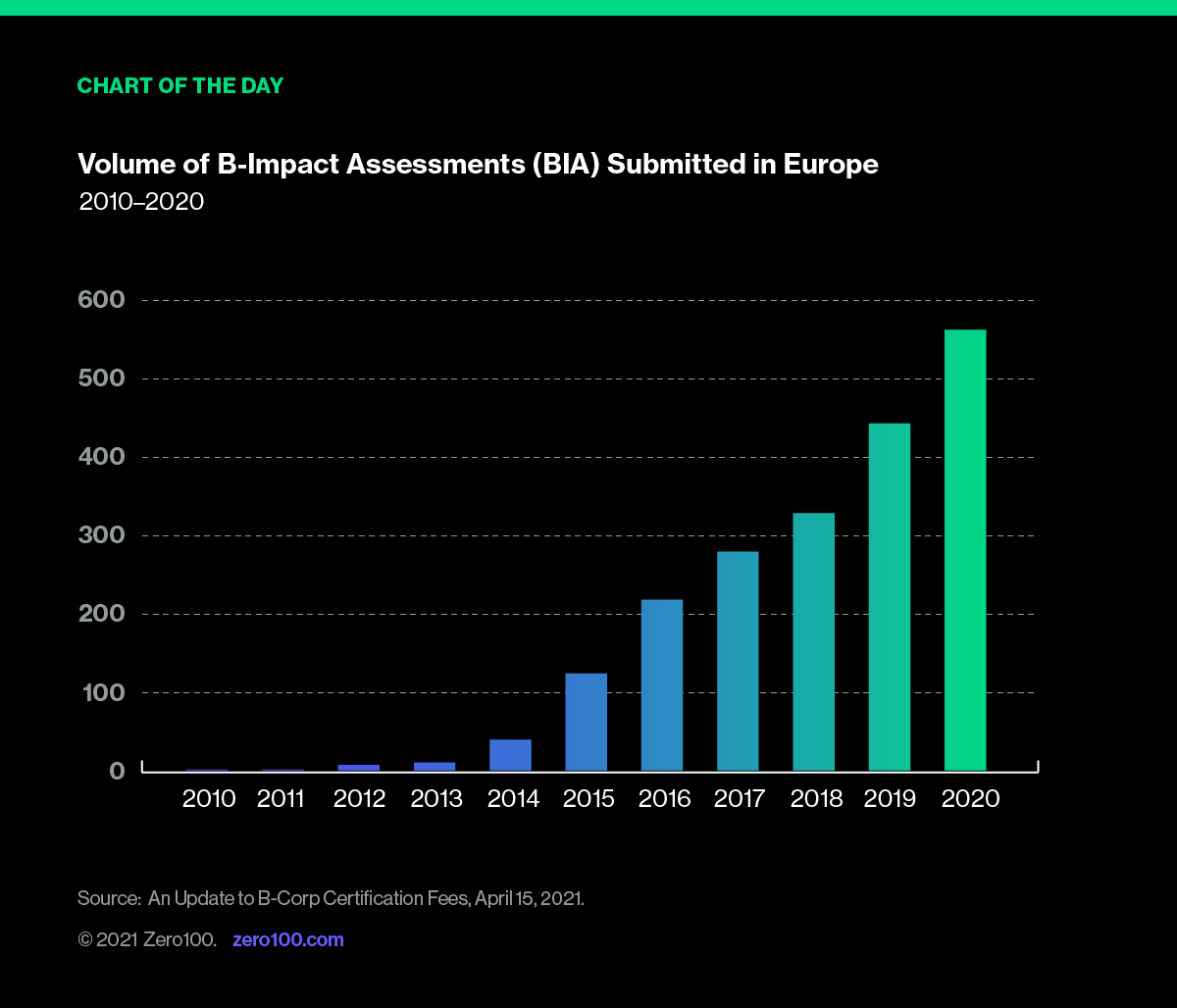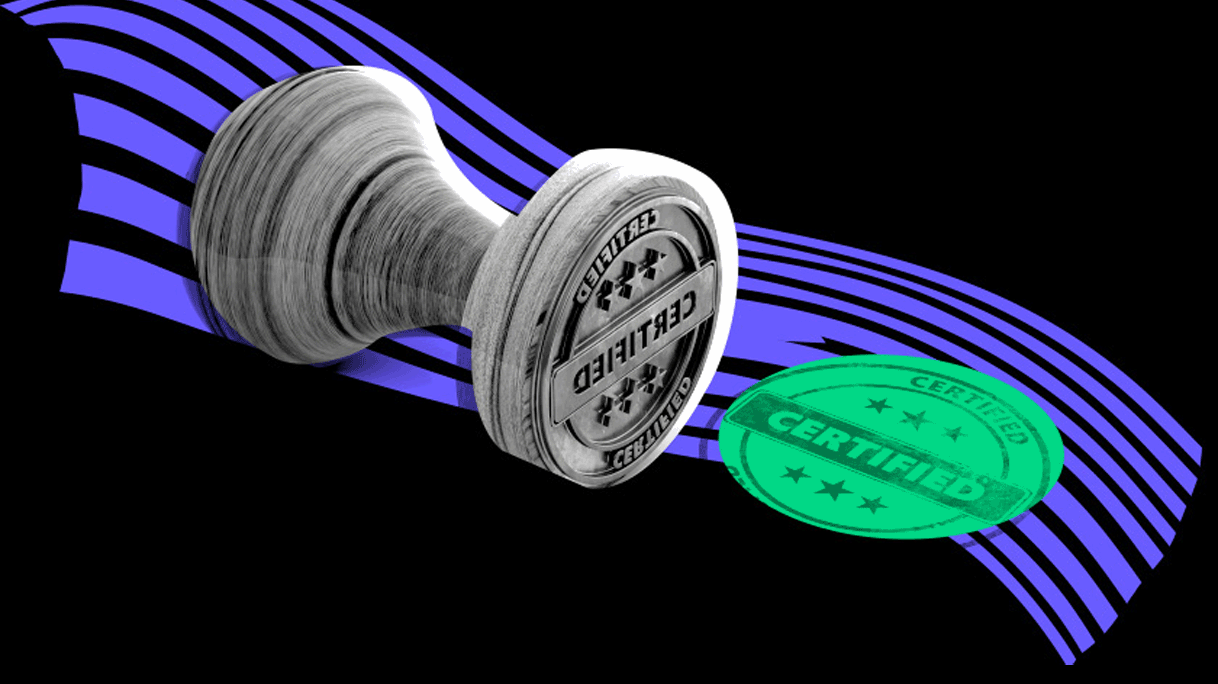During her barn-burner of a speech at the Youth4Climate summit in Milan this week, climate activist Greta Thunberg called out the remarks of half the G-7 (including Joe Biden, Boris Johnson, and Emmanuel Macron) as 30 years of talk... Or to use her more ignominious parlance: “30 years of blah blah blah.”
As part of an older generation—specifically, “geriatric” millennials, who alternate between throwing their parents under the bus (“OK boomer”) and reading their own kids soothing bedtime stories about extreme weather phenomena—I sympathize with Greta's enough-is-enough frustration, but not the ultimate target of her vitriol.
Perhaps it's my lack of Scandinavian heritage, but I don't expect any politician to solve this endemic problem for us. Pretty much every non-tinfoil hat type agrees the scale of the problem requires a fundamental and coordinated change in behavior on the part of the public sector, the private sector, and the population at large. That remains a tall order, even for the most accomplished senior statesmen (or inspiring 18-year-old speaking truth to power).
Words to Live By...
A personal mentor of mine was fond of remarking: “What gets measured, gets done...” This was a smidge self-serving at the time since we were hawking a new set of KPIs to data-starved business prospects, but it stuck with me... Climate change does not suffer from a lack of metrics, but business does suffer from a dearth of meaningful measures that serve as a counterweight to revenue growth, net profit margin, and customer retention.
As the story goes . . . to address this perceived gap in the marketplace, three friends defected from private equity back in 2006 to create B Labs, a non-profit organization that certifies and awards “mission-driven” companies intent on demonstrating positive impact over time. The early crop of B-Corps certified included: Seventh Generation (2007), Mamma Chia (2010), Patagonia (2011), and a LOT of coffee companies headquartered in the Pacific Northwest.
Did You Know? More companies have filed for B-Corp status in the last 24 months than in the previous 8 years combined...
Fast forward to 2021, and over 3,500 business in 70 countries have undergone certification. But a deeper dive into more recent converts demonstrates a new type of club applicant, including: Danone Waters China, Coutts & Co. Private Banking & Wealth Management, and Veritas Identity Solutions. This pronounced shift in recent years feels a little like Patrick Bateman suddenly decamped from his luxury condo in Midtown Manhattan in favor of a granola commune in the Catskills.
A cynic might even go so far as to say that the driving force behind the growth in B-Corps is not our collective desire to “be better” so much as the fact that 78% of 18 to 34-year-old investors now report that ESG (Environmental, Social, and Governance) factors now heavily influence their financial portfolio allocation (vs. 32% for the 55+ crowd).
Where the (Recycled) Rubber Meets the Road
However, a utility-maximizing economist (optimist, fatalist, or otherwise) would say the trigger event for the resurgence in B-Corp certifications DOESN'T MATTER. Motivation is irrelevant to the ultimate consequence of crowd behavior.
Certification carries consequences. Just last week, eyewear brand Ace & Tate (certified July 2021) issued a humbling Press Release with the header: “Look, we f*cked up.” Suffice to say, select supply chain partners failed their internal code of conduct with respect to fair labor practices, PPE materials used in the primary product were . . . ahem . . . not so sustainable, and net-zero goals for 2030 are not remotely realistic (maybe 2050).
The main fallout from social media? On Instagram, @aceandtate's Sep-9 post disclosing these various shortcomings boasted HIGHER engagement than the preceding B-Corp Certification announcement the day before—representing +450% higher engagement than the average post for the trailing 30-days.
So, in response to “blah blah blah”:
Talk is Cheap, Get Certified: ‘Greenwashing' motives notwithstanding, the B-Corp process itself establishes an off-the-shelf measure of your Governance, Workers, Community, Environment, Customer impact—and yes, the supply chain. Something, anything, however flawed is better than nothing.
Take the Blinder Off: In so doing, certification can expose (often painfully so) where you walk the walk versus where your supply chain DOES NOT. And FYI: if you're not taking proactive measures to assess your supply chain, other smart start-ups will fill the void and do so on your behalf (and without your permission). Sunlight is the best disinfectant (except for COVID).
Try it On for Size: According to Vogue Business, radical transparency in supply chain is the latest fall trend. Oh, and 69% of Millennials and 79% of Gen Z customers agree. XOXO (emphasis on geriatric millennial).
“What gets measured get done.” Wise words. Huh, wonder what that guy's up to now...

Critical Reading
THE NEW YORKER
The Supply-Chain Mystery
Commentary: “The real challenge, when it comes to thinking about supply chains, isn't making sure that a container ship is unloaded. It's deciding how we want to live...”
#scarcity #trust
WORLD ECONOMIC FORUM
Global Lighthouse Network: Unlocking Sustainability Through 4IR
Commentary: Latest impact paper from McKinsey & Company adds +21 new manufacturing sites to the Global Lighthouse Network established in 2018.
#4IR #sustainability
CNN: BEFORE THE BELL
How bad are supply chains? Costco is renting ships...
Commentary: Quote of the week by Chief Financial Officer Richard Galanti: "It's a lot of fun right now..."
#logistics #inflation
